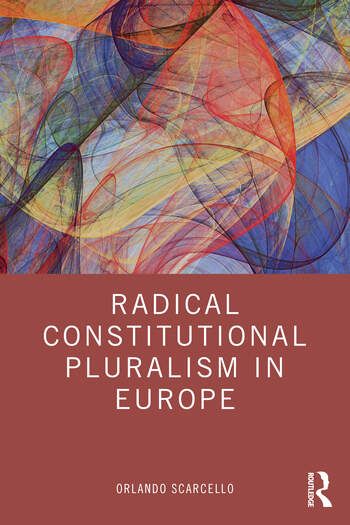
This book explains the challenge of constitutional pluralism and its importance, showing its theoretical and practical relevance, and giving a sense of why the existing scholarship on the matter is unsatisfactory. The work explores how legal practitioners and theorists have faced the challenge of a society living under two constitutions at the same time. This comes as the European Union, which legally and politically integrates Europe and seems to challenge the view that no state can simultaneously abide by both the venerable national constitutions and the ever-developing EU constitutional law, is increasingly torn between calls for closer integration to face collective challenges and mounting Euroscepticism and nationalism.
This work employs a strongly pluralist perspective and a comparative methodology, and looks at constitutional crisis outside the EU to ground the claim that pluralism and conflicts are essential elements of modern constitutions. It shows how the challenge of constitutional pluralism depends on a mistaken interpretation of positivist theory and how the latter, reinterpreted in a manner close to legal realism, has the resources to explain pluralism. Finally, the book addresses the issue of constitutional conflicts within the EU: it examines in detail recent cases of open disobedience to EU law by national courts and distinguishes physiological conflict from constitutional pathology. This work will be of particular interest to students and academics in Law and Political Science. It will also be compelling reading for scholars in general jurisprudence, EU law, constitutional and comparative constitutional law, and the history of European integration.